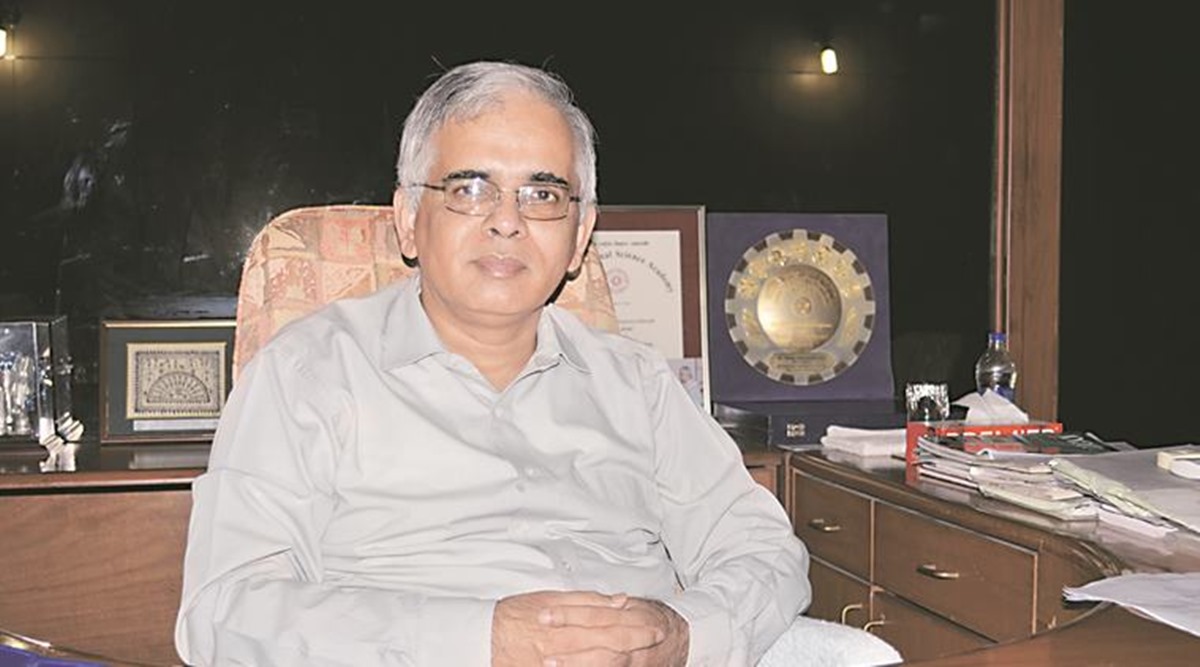 But the senior molecular biologist also expressed his concerns over the delay in getting required approval for a dry swab-based diagnostic testing developed by CSIR.
But the senior molecular biologist also expressed his concerns over the delay in getting required approval for a dry swab-based diagnostic testing developed by CSIR. A STRONG link seems to be emerging between the presence of a strain of the novel coronavirus (Sars-CoV-2) in municipal sewage water and infections within a community from Hyderabad.
This statement was made by Shekhar Mande, Director General, Council of Scientific and Industrial Research (CSIR), who was speaking at the inaugural session of ‘Science for society’ series launched by Pune International Centre on Tuesday.
Mande said National Environmental Engineering and Research Institute (NEERI), Nagpur, and Centre for Cellular and Molecular Biology (CCMB), Hyderabad, were analysing sewage samples collected from the Hyderabad civic limits.
“While scientists may still need to carry out detailed studies to confirm if the spread of SARS-Cov-2 is airborne, there are some preliminary links emerging between the presence of the virus in municipal sewage and infections found within a local community. As per some initial analysis, it appears that about 6 per cent people living in Hyderabad could be infected by this virus,” Mande said.
During his hour-long online address on ‘Covid-19 technologies’, Mande also shared numerous initiatives undertaken by CSIR laboratories to tackle the pandemic, ranging from diagnostics, drug repurposing, developing hospital-assisted devices to drug supply chains over the past six months.
But the senior molecular biologist also expressed his concerns over the delay in getting required approval for a dry swab-based diagnostic testing developed by CSIR.
“This testing mechanism was developed in June and technology validation successfully conducted at Armed Forces Medical College, Centre for DNA Fingerprinting and Diagnostics, IISER-Behrampur, among other labs in the country. Sadly, despite costing half of that of the existing RT-PCR test, this diagnostic method is awaiting approval,” he said.
With a consistently high number of Covid-19 cases, particularly in Mumbai and Pune, prevailing since the outbreak in March, hospitals have run out of beds and are grappling to accommodate critical patients. That is when, the two badly-hit cities in Maharashtra decided to erect jumbo covid centres. There are two such centres operational in Pune.
On similar lines, CSIR scientists have developed a prototype of a makeshift hospital demonstrated with the help of National Disaster Response Force in Ghaziabad last month.
Elaborating on this, Mande said, “It will be possible to erect this makeshift hospital, with capacities ranging from 50 to 100 beds, within five days. As of now, five such hospitals will be set up in Himachal Pradesh. We are also considering one such facility in Satara district.”
He also said the third stage of the clinical trials for nearly 15 potential drugs were also underway at CSIR labs
📣 The Indian Express is now on Telegram. Click here to join our channel (@indianexpress) and stay updated with the latest headlines
For all the latest India News, download Indian Express App.